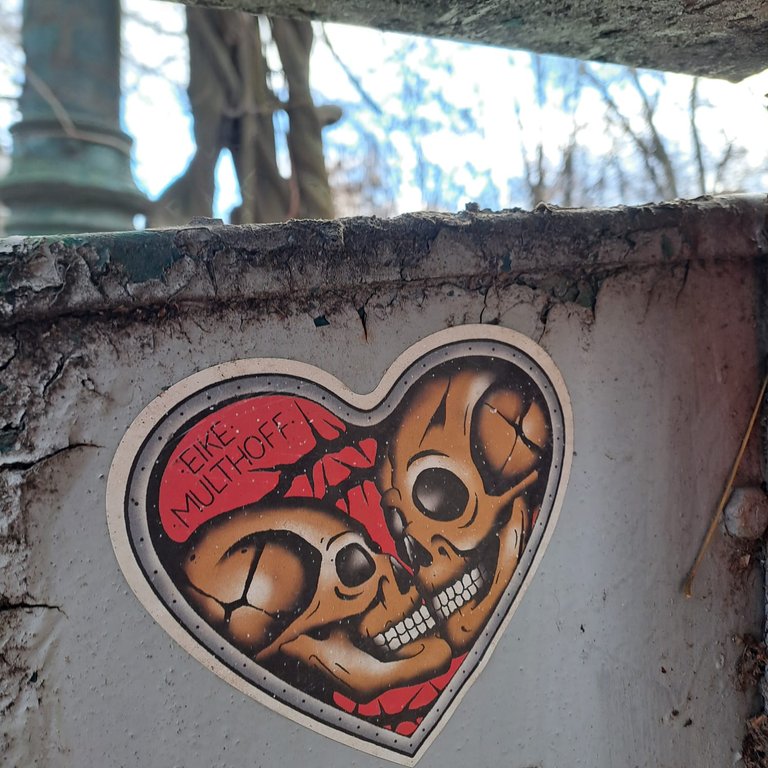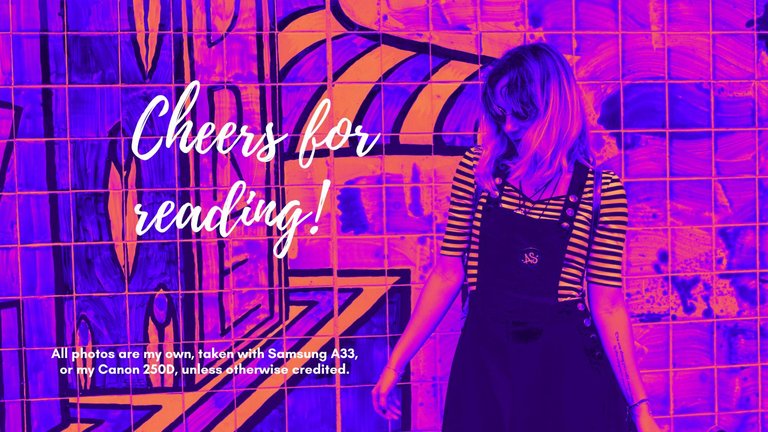There has never been a better time to have children.
Thus reads one of my notes from Economics of Human Flourishing course I just finished on Peterson Academy. Tell you the truth, I wasn't too crazy about the course. I felt it was repetitive at times and that it could've been more impactful if they'd kept it shorter. Nevertheless, I did enjoy the last lecture tremendously, and the overall message of the course, namely the one above.
It pays to remind people, especially the young, that despite all the terror, chaos, alarmism, dangers, etc., we are in many ways living in very good times. Taught by Marian Tupy and Gale Pooley, co-authors of "Superabundance: The Story of Population Growth, Innovation, and Human Flourishing on an Infinitely Bountiful Planet", the course aims to prove that despite this anti-humanist diatribe, it's not anti-natalism that will save us. It uses economics, as the title suggests, to show that despite the fears regarding population growth that were as abundant in the 1970s and 80s as they are now, we are doing overall better, not worse, as the alarmists predicted.
It's an overwhelmingly positive course that teaches rational optimism, and over on P.A., it's not the only one. I mentioned recently a music course that showed how much conditions had improved for artists in the past 300 years. The nutrition course I took with Max Lugavere, similarly, suggests that despite living in an ocean of scary disease, it is within our capacity to live healthy lives and it doesn't need to lead us to extremism.
I don't know whether it was designed with this cautious optimism in mind, but it certainly seems that a lot of courses at Peterson's online platform aim to spread this message of we can and we will.

Now obviously, I don't know what life is like on an actual university campus, though to look at all the media you read and all these studies relating to young people, it doesn't seem like that's the same message being propagated across campuses. Rather, young people today seem to be riddled with anxiety and depression, despite living in (arguably) good times. Everywhere you look across the mainstream landscape, we're being told that we are privileged, entitled, racist, a pest on the planet, useless, diseased, mentally deficient, and toxic. In those conditions, how is anyone expected to not be anxious and depressed?
We spend an immense portion of our modern lives worrying about how we're being toxic to the planet, each other and even to ourselves. We're having less sex and fewer children because we're anxious - each week, you read an article about the ethics of procreation in a potentially WWIII/apocalyptic future. It's not that this future is substantially more likely now than in was, say, in 1980. Then, also, there was justified concern regarding climate change, growing population vs resource scarcity and so on. And yet, as birth rates have actually gone worryingly down from 1980, anxiety and depression have gone way up.
Ours is a diet of very negative-leaning stimuli. When we're not being doped to the eyeballs on porn or cheap social media hits of approval, we are being told incessantly that we are a pestilence, bad to the core, and that the only reasonable thing for us to do is be anxious and die. Which we're doing our best to fulfill. And it's not just the media that tells you this, it seems. It's academia, and presumably academic settings like schools that are telling young people all this trot.
Except, what you tell children is not random or without consequence. Take a bunch of gullible 18-year-olds and tell them they suck and that the future is shit, you're setting the tone for the future. Because while it's true that we tend to become more mellow as we age and drop some of the more extreme views we might've held at 19, the vibe remains.
In 10 years' time, these kids might not attend protests against the meat industry or go splash yogurt on the Mona Lisa or whatever is it these so-called activists do, but somewhere at the back of their mind, the general negative outlook will remain. That we are pests. Trash. Vermin. And what chance does our world have if we think like that?
It's also true that in 10 years time, you won't remember the specifics of what they taught you in university, whether you attended a liberal college where they teach (or until recently taught "gender studies" or whatever the fuck) or Peterson's more right-leaning online school. The details, in the end, don't matter. It's how they're being taught that makes a difference. And for now, I'm grateful for a place that's sending out this message of hope, and saying no, it's not stupid to be optimistic about our future here.
Because we need to hear that. One way in which the world has changed from 1980 is the daunting polarization at a society-level. Now more than ever, we need hope, irrespective of which side of the barricades we fall on.

I would never tell a young person such negative things. But I'm seeing a lot of things that are making the world harder to feel hope in. I've been loving talking to young people in Tassie... The ones connected to nature, that choose to turn off their phones and the Internet and television because there are far cooler and more interesting things in the world. That's what young people need to be doing, not listening to the anxiety press.
I completely agree! I'm quite baffled where this negativity is coming from, too, but it seems a chorus of our modern world. At the end of the day, though, as you point out it's all a matter of what you give your time and attention to. If I focus on negative, toxic media all damn day, naturally I'm gonna be quite an anxious person. Which garden to water. I hope Tassie's still wonderful <3 big hug!!
We're thrilled to see that you've just secured
your ticket to the Hive Creator Days in Graz, Austria!
Get ready for an unforgettable experience filled with talks, side events, and the connections that fuel our Hive Blockchain.
We can’t wait to see you there!
Ha! Was just reading your announcement! Looking great. I can't wait 🎉
😎👍🏾 @tipu curate
Upvoted 👌 (Mana: 8/48) Liquid rewards.
Wow. I do listen to Peterson on #YouTube, and I have heard about his university courses. It is awesome reading a post from someone who has passed through there, and I must say. What and where we learn matters in the next 10 or 5 years to come.
Dishing out your learning with this mindset is because of what you've learned. The things you are open to, like Max Lugavere nutrition course, which by the speaks about our health, is something I truly agree with.
Your post was insightful, and the last piece that speaks about 'hope' was worth reading over and over again.
It's always refreshing reading your posts @honeydue! The Peterson Academy for sure is onto something. Mainstream media brainwash us into believing what a bad world we live in, and that it's our fault! Yes, we pollute and do other bad things, but it's not all bad. I've lived a very long time here on earth, and life is way more exciting today than ever before with boundless opportunities. We need to change our mindset and stop believing what we're being fed.
We appreciate you taking the time, to either use #ThoughtfulDailyPost, or otherwise help this Community grow. So...
Thank you!!